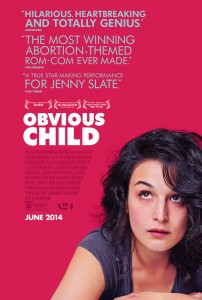 Sociology and stand-up comedy have a lot in common: both reveal deep truths about life experiences and reveal the connections and disconnections of humanity. One just has more citations.
Sociology and stand-up comedy have a lot in common: both reveal deep truths about life experiences and reveal the connections and disconnections of humanity. One just has more citations.
For his upcoming book Modern Romance, stand-up comic and Parks and Rec star Aziz Ansari teams up with sociologist Eric Klinenberg to tackle modern dating in the age of technology. Klinenberg is well known for his work on culture and media, as well as his recent book Going Solo: The Extraordinary Rise and Surprising Appeal of Living Alone. Ansari’s stand-up often pokes fun at the cultural shifts in relationships, but he recently told Time that academic research, including that of MIT sociologist Sherry Turkle, inspired him to delve deeper into the science behind modern relationships:
“I thought it would be kind of interesting to take my point of view and a conversation with someone from an academic field and put that together. If I could do that as a book, I would be able to go deeper into this area than I can in my stand-up.”
For the study, Ansari and Klinenberg interviewed hundreds of people worldwide about relationships, marriage, social networks, and technology. The end result uses Ansari’s comedic spin to explore the sociology behind the changing course of modern relationships. And on stage, it means getting to see Ansari act out a line graph of relationship intensity. How could you resist?
Click here to listen to an Office Hours interview with humorist and story-teller Dylan Brody about his work as “stand-up sociology”.

